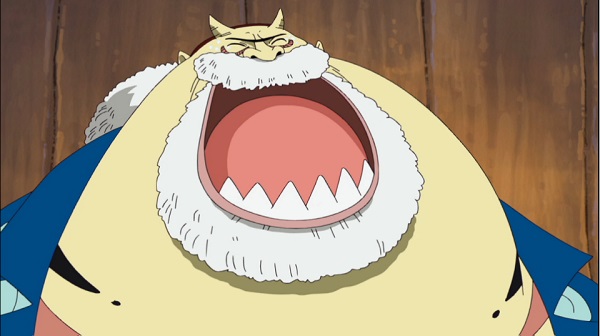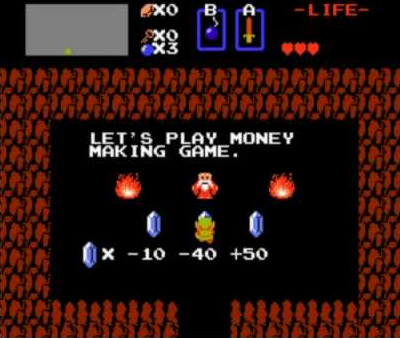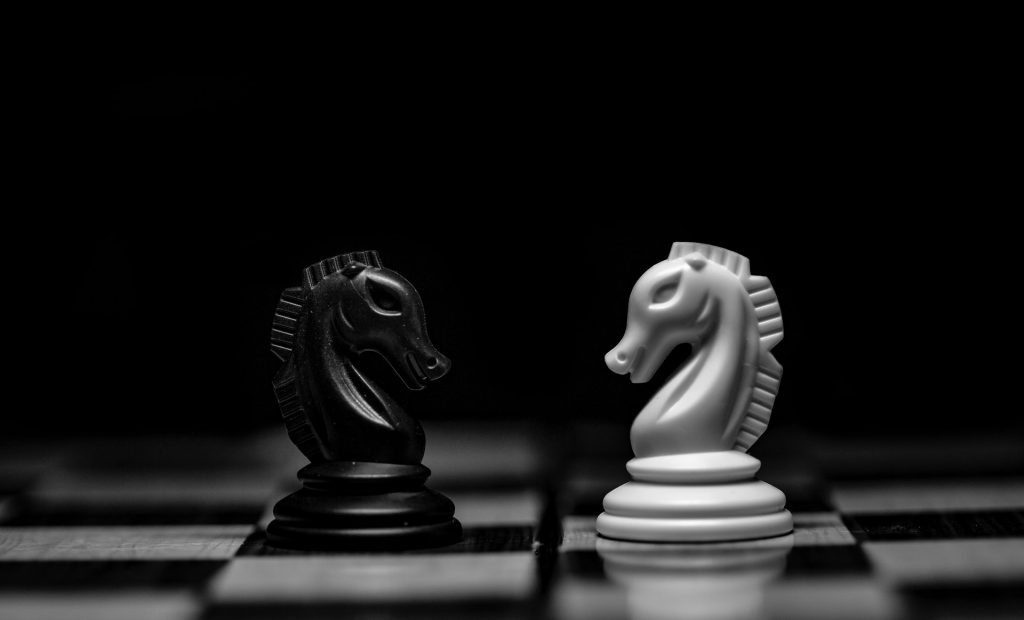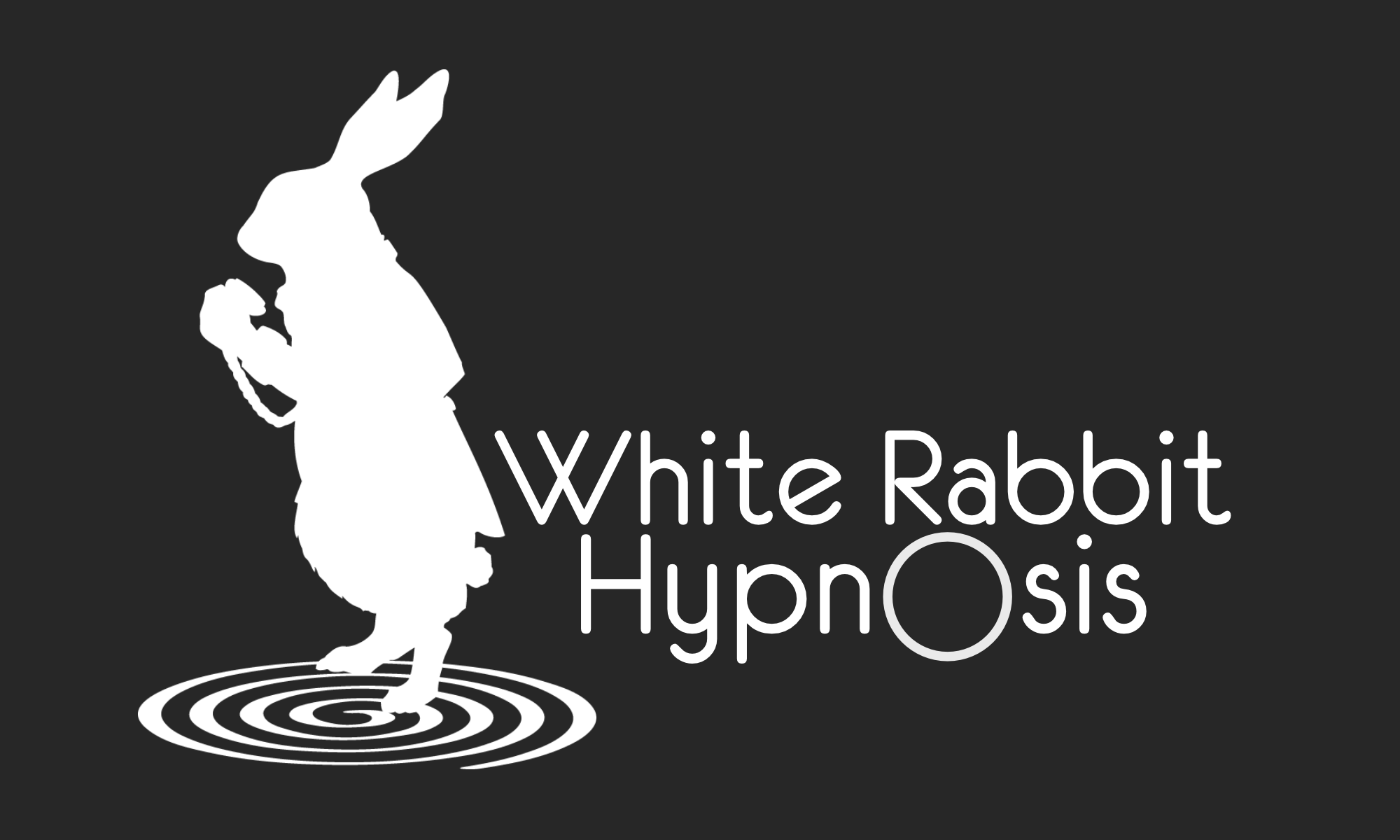Continuing with the Jailbreaking series … This one introduces the idea of State Management, or “feeling good” to put it in simpler language. Some of this may already be familiar if you’ve already read earlier blog posts. This was added to the YouTube channel a few weeks ago, and now, finally, to the blog. Enjoy!
Jailbreaking Yourself – 01 – Pattern Interrupt
In the theme of “Distributing Power” — we begin this short video series on Jailbreaking Yourself.
Here is the first video:
Distributing Power – Part 1
This post is long overdue.
It is also quite smaller than it should be, which means that much more is coming.
This is a breathing technique that I learned in a training with Anthony Jacquin and Ben Wolff.
It is known to improve Heart Rate Variability, and versions of it have been shared through the breathwork community and beyond. Here are two videos I made regarding this technique. The first describes it and gives a very basic demo, and the other is a visual-only description, with a visually guided breathe-along.
This technique is the first I wanted to include in this line-up because it allows you to take immediate, real-time control over an emotion or reaction that may have seemed out of control before.
From there, choosing a more useful feeling becomes possible.
Wishing you all the best as I gather some more resources for your adventure!
Self-Overcoming … or … Do It With a DON!!!

You’re involved in at least one situation that could be played as an infinite game. The creator of the concept of infinite games, James Carse, wrote the book as something of a metaphor for life as a whole. And yet there are applications beyond the metaphorical that produce a yield. Simon Sinek’s appropriately titled “The Infinite Game” is all about how this stuff can apply to business and leadership, and is probably the most accessible account of taking the idea of the infinite game “to the streets” that I’ve encountered to date.
So, what do these look like? The “search for truth” is one we’ve examined ad nauseam. One could argue, as Sinek does, that geopolitics itself is an infinite game (how, otherwise, does one ‘win’ at it?) as well as marriage. Now, infinite game purists might take issue here, since, according to Carse, because an infinite game has no end, it also has no (specific) beginning. Since there was technically a time before countries existed, or before the institute of marriage, and certainly before a particular marriage, one could argue that they are not really an infinite game.
And yet, regardless, they can be played as one. For our purposes, playing something as an infinite game basically entails the following: (1) that the purpose of play is to continue the play; (2) that players, boundaries, objectives, and rules, can and will be changed in order to continue the game.
Finite games have victory conditions. Infinite games do not.
I can play “becoming the most amazing hypnotist” as an infinite game. And yet I can position, within that game, any number of finite games, which keep things fun, and give us some sense of advancement toward an end, even if that end is the horizon, ever receding. And yet, this “non-achievement” of the end can be played in a spirit of fun, instead of frustration.
Children, playing tag on the street on a summer night, ever extending the play…
And so you’re in this infinite game of “life” of which we are all a part. And despite what anybody claims, there are no hard rules to this game, with the possible exception of “fleeing pain” and “pursuing pleasure” as basic assumptions about animal behavior. It seems like “wanting to feel good” is a basic and hardwired condition in the human animal, so we’ll go with that.
After that, we have choices. What do we want our lives to be about?
It’s at this point that I will return, once again, to Nietzsche. There are big, audacious, goals that we can set, such that we “will never achieve them in our lifetime” and all … the kind of goals that have an outcome we’ll never see, but find inspiring. And if you have one of those, great. If you don’t, though, I might suggest a look back at the “will to power” idea we discussed before — of becoming stronger.
If this were a “role-playing game” (RPG) we might be asked to select a character class, like fighter, magic-user, thief, or cleric. And that choice would allow us a certain array of options and limitations, and yet there are a whole bunch of skills and things that one will master along the way. These little skills (like learning to pick a lock, or use a battle axe) could be considered finite games: there are some criteria for when the skill has been learned.
There is a point in a certain business environment where, say, one has earned a Six Sigma Black Belt. Certain criteria must be met to do this, and when they are met, one is awarded the prize. The game is over. And yet, that new credential is then utilized to gain larger prizes, like bigger titles (with bigger salaries) and things like that. The finite game is getting the Black Belt. The infinite game here, for the sake of simplicity, we’ll call the “pursuit of wealth,” although it could be any number of things. The finite is contained within the infinite.
So, if I had to pick a class, I’d say, “magic-user” would be the best for me. And so, my infinite game would be something like “to become the ultimate magic-user” — which has no victory condition because there is always more “magic” to learn. Now, I tend to look at this quest as a personal one — I’m not in competition to become the “best” magic user in history. I’m looking to exhaust my potential.
The Nietzschean concept of the Ubermensch goes hand-in-hand with his concept of Selbstüberwindung, or self-overcoming. Essentially, this could be described as “overcoming one’s weaker aspects to emerge as a stronger self.” Any kind of feelings we have of envy or jealousy of others are actually indicators, says Nietzsche, of those things we strive to achieve ourselves, and can be useful for setting our compass.
Tom Bilyeu, creator of Quest Nutrition, and host of the Impact Theory podcast, is perhaps the best interviewer I know of today. He has an interesting self-identity that plays very much into what is mentioned above. He thinks of himself as a “learner” and therefore creates an identity (character class) that is beyond robust, and approaches antifragility.
In other words, when Tom encounters something outside of his grasp, or experiences some kind of ‘failure’ in his life, it feeds right back into the identity of the “learner” and strengthens that identity instead of diminishing it. It is no wonder that he is massively successful.
So, choosing your games is key. What do you want your life to be about?
To me, the magic-user is an artist. To create beauty in the world around us, to pursue “the aesthetic” whether in terms of sensory experience or narrative or something else, is a great infinite game, and the realm of the artist is one that is without hard rules. What does it look like to live this in the world?
Now it’s time to talk about a different Tom …
It is related that there is a character in an anime I really like — the anime called One Piece. And there is a character in this story called “Tom” who has this thing he’s always saying.
“Do it with a DON!!!”
Now, a word of explanation. A “DON” here is referring to a Japanese instance of onomatopoeia, and when something explosive happens in manga (the comic book version that the anime is usually derived from) there is a piece of kanji that represents that sound — DON!!! In the English-speaking world, we might say, “do it with a boom” or “do it with gusto” or something like that, but I’m a bit of a nerd, so I’m sticking with Tom’s version. The idea remains the same, though — if you’re going to do it, do it AWESOME-ly!!!

You can make a lunch, and you can make it boring, or you can make it the best lunch you can. When you learn a few secrets (just a few posts away), and can be there in-the-making-of-the-lunch, then the whole thing unfolds differently. The experience of making it, thinking about your future-self enjoying it, and then the experience of eating it later and savoring it, all serving to enrich existence.
There are all kinds of areas that can be level-ed up, if you will. If you have interest in fashion, or crafting, or any of various kinds of design, or gardening, or writing — there are opportunities to do those things well. To do them, as it were, with a DON!
I imagine if you’ve read this far, that you have some dreams in your life. And those dreams are probably not boring to you. There is probably a sense in which you’d really like to bring them about, and how would that show up in your world if it were at its ultimate expression?
My magic-user life is aimed at a future filled with gardens and food forests, with swing dancing and capoeira, with cob buildings and Earthships and the like. The quality of our relationships, the quality of the moments we craft, together … these can be raised up a level. Level up your world.
So, let me take a moment to slightly mis-quote Tony Robbins, in saying, “Esteem for the self comes from doing difficult things and succeeding.”
There is a related quote, from Wayne Dyer, that goes like this: “It is never crowded along the extra mile.”
The approach I’m suggesting above — that of being fully engaged in your life, to continue to become stronger and be rewarded with the pleasures of personal evolution and the material non-material benefits that come with it — is really about living life as a player with agency and not a mere victim of circumstance. It is about learning to put down our excuses, and let go of our fear, to actually SHOW UP and dare to make a change in the world on whatever scale we choose to play. It is about realizing the rules we’ve come to believe are only one set of rules, and that, in an infinite game, the rules MUST change … So why not get started now?
Doing it with a DON is taking “soul-inspired” action without fear or shame. And that can be to express ourselves boldly, without fear, in our basic presence in the world, or through our interactions with others, or through our creations. And doing-it-with-a-DON is also made easier by the realization that the world around us is largely a construct of our collective imaginations, and that we can be free to imagine things differently.
Being free from the prison of certainty allows us to entertain something far more expansive : possibility. And that offers a vast realm of playful exploration, filled with surprises. That’s a good thing. Finite games seek to minimize surprises, because they interfere with predictability, and interfere with bringing the game to an end. An infinite game requires surprises, because surprises are what allow the infinite game to continue.
The unknown, the unfamiliar, the unexplored — all filled with surprises, and the infinite player knows that a certain kind of treasure can be found here. Not only is it the case that the rules CAN change, but that they MUST change. And by changing the way we play this game, we can massively shift the grand outcome, and set the board for a new and more enriching level of interaction, exploration, and play.
To reach back to a recent post “…given the right circumstances, a new world (is) just as likely as an old one.”
If that sets off déjà vu for any of you, consider it something like a “glitch” in your personal Matrix. On some level, something has changed. Already.
The clip is under two minutes in length, but speaks volumes. Perhaps you can already see how all of this is connected.
Our next post will take us out of the realm of the theoretical / philosophical and into the realm of the practical so we can get out of the abstract and find out how cool this stuff can really be. So, the next post will be a “tech share” as one might say — a term I’ve borrowed from another community I belong to, but one that applies here just as well.
It’s time to start distributing power.
See you there!
Finite And Infinite Games
“There are at least two kinds of games. One could be called finite, and the other infinite. A finite game is played for the purpose of winning, an infinite game for the purpose of play.”
-James P. Carse, Finite and Infinite Games
Thus begins James P. Carse’s philosophical work, for which this post is named – Finite and Infinite Games.
The very concept of finite and infinite games is one I continue to explore, and to have an improved understanding of, a yet it’s important to explore the topic before we proceed.
This will not be my last, nor my best, exploration of finite and infinite games.
So, for starters, it goes something like this.
There are at least two types of games, finite and infinite.
Finite games are games with known players, rules, boundaries, and objectives. The goal of finite games is to achieve a victory condition, and for an undisputed winner to be chosen.
Finite games are played for the purpose of ending play. As long as play continues, the contest has not been resolved.
Infinite games are different. They have both known and unknown players. The rules, the boundaries and other factors continue to shift for the central objective — to continue the game.
Finite games are played for the purpose of ending play.
Infinite games are played for the purpose of continuing play.
While most of the things we think of as games (checkers, football, poker, etc.) are finite games, most of the situations we find ourselves in throughout life are better thought of as INFINITE games.
They are pursuits without a victory condition. As author Simon Sinek asks, when does one “win” at the game of Geopolitics, business, or marriage?

As I approach my craft as a hypnotist, if my constant drive is to level-up and continue becoming a “stronger” hypnotist, until I exhaust my potential, then I am approaching it as an infinite game. Infinite games continue until the player “loses the will or resources to play.”
There could be a time when either I am not interested in continuing the “level-up the hypnotist” game (losing the will) or where further improvement becomes impossible because of advanced skill level, or because of personal limit or capacity (losing the resources).
It could be that that a larger game becomes apparent — a larger frame that includes the original game.
It could be that a Greater Game reveals itself.

We’ll come back to this discussion of frames and contexts later.
For now, let’s take a look at an example we’re now overly familiar with, the “search for objective truth” that we discussed previously.
Now, search-for-objective-truth game can be played as a finite game, wherein the victory condition is the “discovery of truth” and the rules are agreed upon, more or less, by the participants. And so to truly win this, as a finite game, there must be a point where play is stopped, the results are tallied, and the winner is declared.
And yet the only way to definitively do that – to declare a winner – is to compare the contents of a player’s “discovery” to … well, seemingly to “truth itself” … to see if they match, wherein lies the problem of approaching the search-for-objective-truth game as a finite game.
How do we “recognize” objective truth when we actually find it?
If the victory condition is having a model of reality that matches “actual” reality, the finite game cannot actually complete because the achievement of the victory condition cannot be witnessed by the players. It’s a shell game where you never get to lift up the shell.
I’ll suggest a remedy for this, but first, a diversion — back to my adventure of becoming the best hypnotist possible.
If I decided to hang up the role of the perpetual student of hypnosis, and it weren’t because the whole thing was swallowed up in a bigger, grander game — which we’ll get to later — and if it weren’t because of reaching my limit of advancement, than the likely conclusion is that I was playing the become-the-most-super-awesome-hypnotist-possible game as a finite game.
It could be that I had some list of criteria — various certifications and trainings and the like — and that I reached the end of my list. In this case, I was playing an finite game.
So then what? The money-making game? The surpass-all-competitors game? To what end?

I suggest a remedy — an alternative to this. Whenever you find yourself in a game, consider the possibility of playing it as an infinite game, and of whether you can envelop it in the context of one. Infinite games can contain finite games.
This crazy truth-quest can be played as an infinite game of exploring these models of discovery and seeing what good things we can make from them — and they don’t have to look much different than they do now. Discovering or creating a treatment or cure for cancer is actually a finite game, because there is an observable victory condition.
That’s quite different for “discovering THE cause” because that particular claim excludes the possibility of another cause, that there could be more than one player with claim to being the winner. In a finite game, that will not do. It suggests that all victory parties should cease immediately. It suggests that the game has not come to an end.
Played as an infinite game, science becomes a more lighthearted philosophy, always assuming that the latest “truth” will never be the last, and collecting treasures and achievements along the way. Victors can be crowned at milestones, like a mighty deed in the world of medicine or space exploration, keeping the little joys that finite games can offer, while recognizing that — sometimes — dragons rise again.
Regardless of whether you are in a finite game or an infinite game, one thing remains the case of either: play is voluntary. One who must play cannot play, because play is a voluntary act.
To decide that you are going to play a game as an infinite game means you get to decide on the rules, the boundaries, and the objectives of play.
A boring job can be treated as a finite game couched within the infinite game of “exhausting my potential for creation, positive experience, and well-being” … in which the new challenge surpasses the old challenge. It is no longer about getting to the end of the shift, so much as how you experience your time along the way, particularly when you are equipped with some of the technologies I will be sharing with you on this adventure.
A note about terminology. I’ll be using the word “technology” a lot. You can read this as “something that allows you to do something else” and you’ll be fine. Hypnosis is a technology, for example, although it doesn’t necessarily involve circuit boards and things like that (not that one needs circuit boards). Mind mapping would be another example.
There will be more about using games to help you level-up from your boring job, sometimes using the job itself to do it, but that’s beyond the scope of what we’ll be dealing with here. A point I’d like to emphasize is this: that by deciding to play the boring-job game as a game about feeling good, instead of a game about achieving a company objective, then you are in a position of power. And while one may need to do a thankless job from time to time, it is worth bearing in mind that the game of finances — consequential as it may be — is a part of the game of well-being, not the other way around.
So, going all the way back to the beginning, “feeling good” is perhaps the great infinite game for those of us that are animals. Everything else is done in the service of it.
In the spirit of infinite games, none of the above is complete, and there will be plenty more to explore. That’s probably what we need to move forward, though, to get to what’s ahead.
To bring it all together, and to continue advancing in the game of “feeling good” and “becoming more awesome” that you’re on, if you choose to be, I invite you to approach this life experience from the frame of the Great Infinite Game, and to do so with a sense of engagement and purpose. If you choose to, join me on this adventure and I’ll share my treasure with you.

So, before I wrap up this long-overdue and winding post, I have two parting gifts.
The first is a piece of what I might call a “gnostic technology” for your use. Whenever you find yourself in a situation that could be thought of us a game, ask yourself: (1) if it is a finite game or an infinite one?; (2) whether it could be played as an infinite one?; (3) if it is a finite game, what are the victory conditions?; (4) given the answers to the above, do you want to play this game?; and, finally, (5) if you are stuck on the game board anyway (more on this in future posts), can you reframe this game in terms of feeling good?
The second parting gift is something you’ve seen before, I’m afraid, but I wanted to present it again in case it has new relevance.
Once again, here is Alan Watts. He doesn’t use the term “infinite game” in his talk, and yet you’ll likely get a sense of how this “goes with” what we’ve been talking about.
It is my hope that it will help you to further engage in this big, crazy, game, with a greater sense of joy.
Also, see if you get a sense of the link between what Alan Watts is saying, and all my droning on about Nietzsche, the Ubermensch, and all that stuff …
Until next time, fellow Adventurers!!
Games
What is a game?
I can, and will, go on about this question, but it’s more important, now, to move the pieces forward.
For now, I will give an imperfect definition that goes something like this…
A game is a challenge to be completed voluntarily, competing against some other element to achieve an objective.
Games can take a literal form of board games or video games with very well-defined rules and components.
Games can also take the form of competition in business or between nations, the kind of games talked about in “game theory” and the like.

Competition of any kind, and to a large extent challenge of any kind, can be thought of us a game. If it is a game with a victory condition, that end is often identical to the-thing-the-challenge-is-impeding.
Metaphors can act as a kind of frame.
The metaphor of “The Game” is a very useful one for approaching the world, which allows for iteration and ongoing improvement, encourages engagement, and has at its core the central drive to maximize positive and pleasurable experience.
Approaching the World as a game allows you the level of access to use the cheat codes in a way that is no longer cheating, but instead is a shifting of rules.
For that … you’ll need to know about finite and infinite games.
